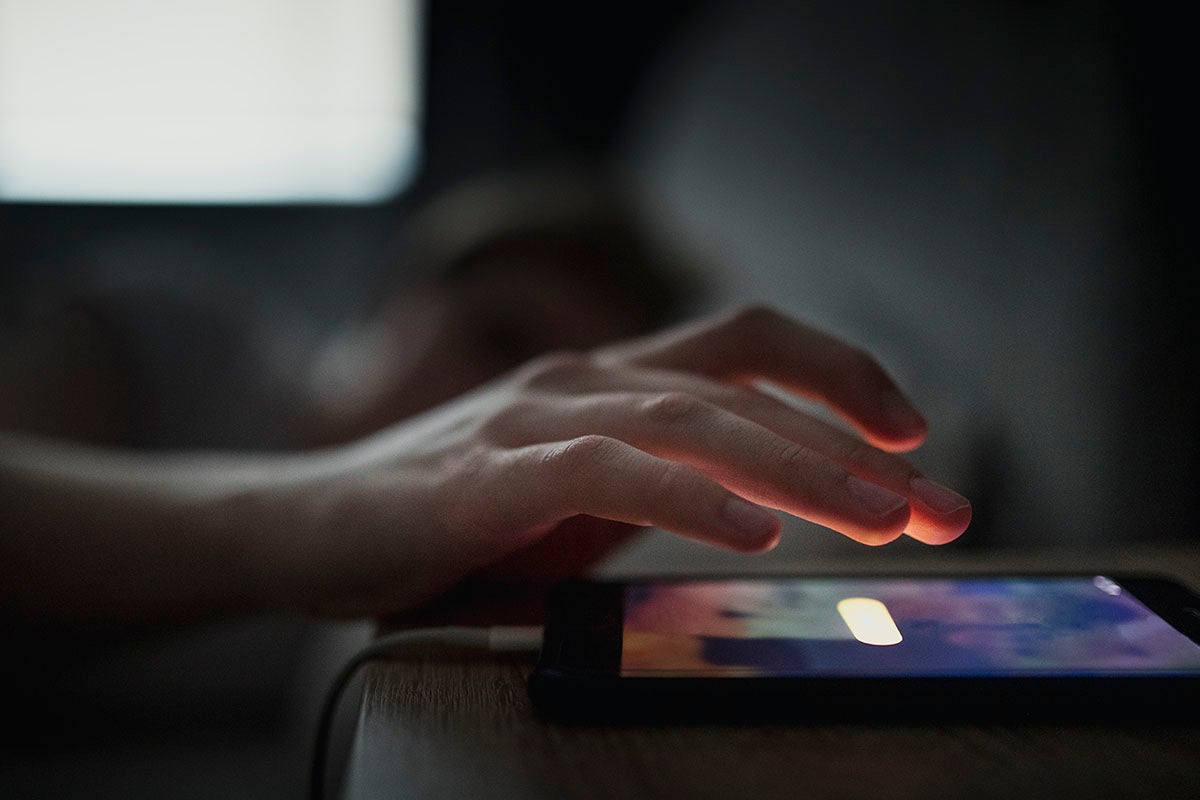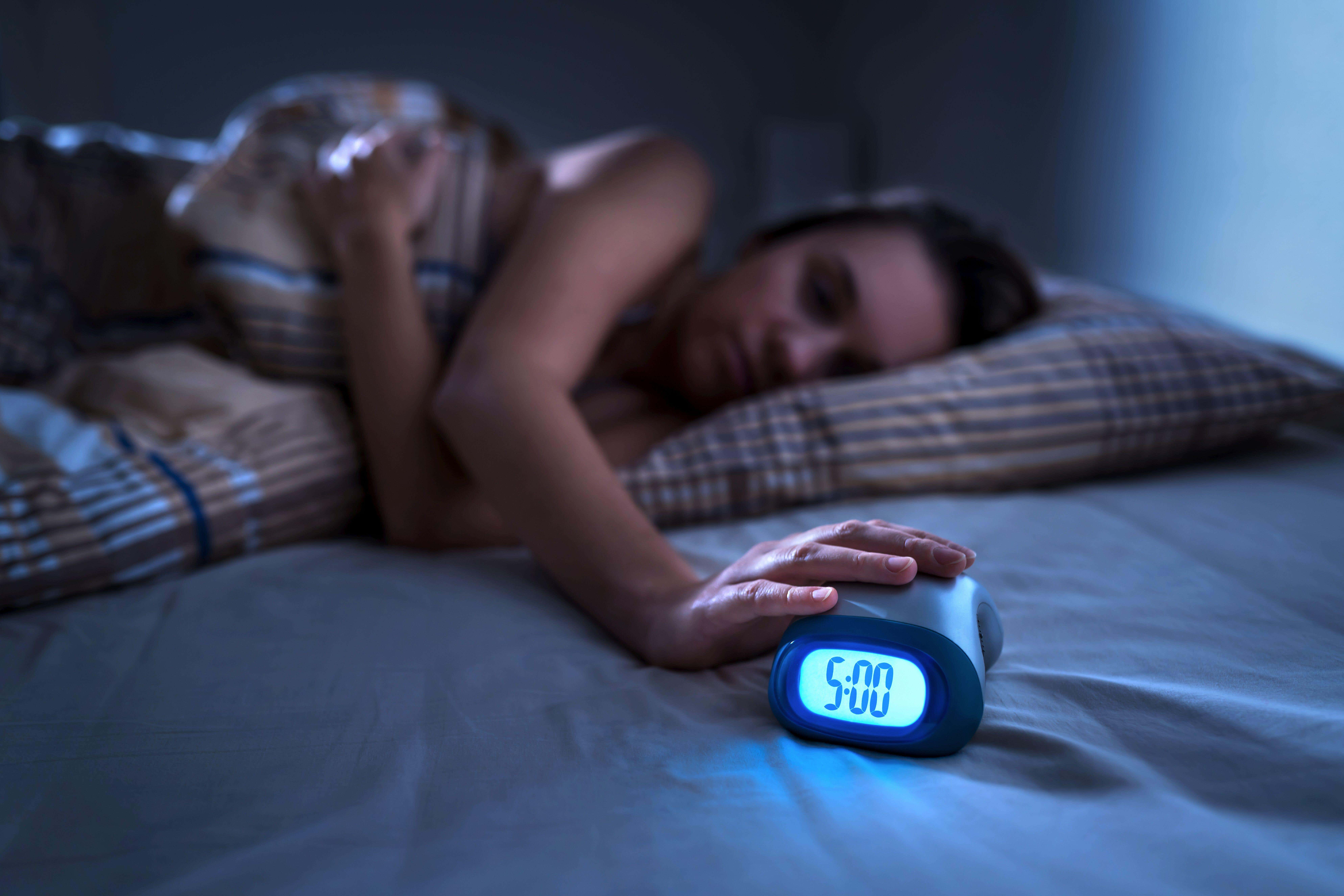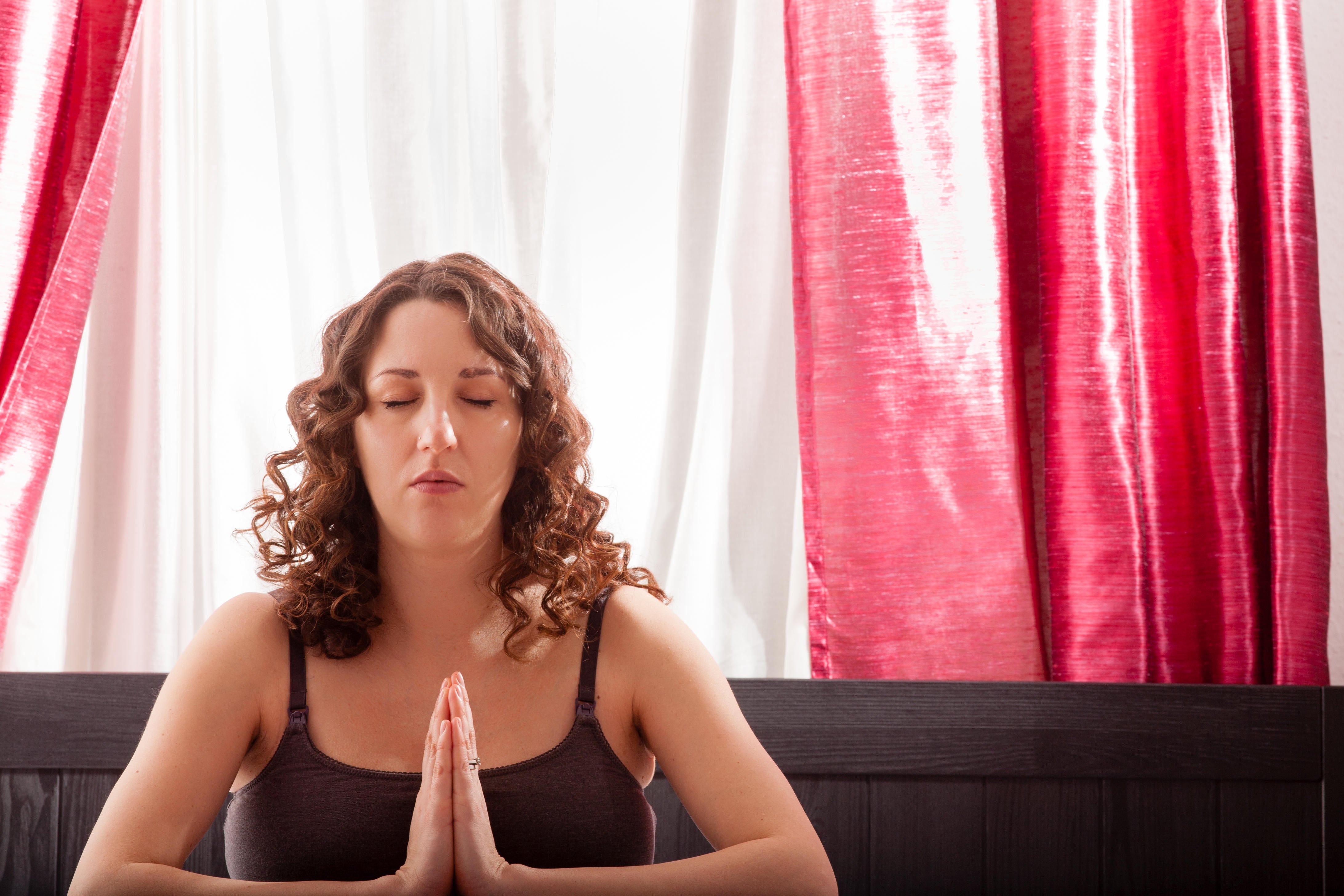The Independent's journalism is supported by our readers. When you purchase through links on our site, we may earn commission.
Experts issue warning about using the snooze button on your alarm
Time to try a sunrise alarm

Your support helps us to tell the story
From reproductive rights to climate change to Big Tech, The Independent is on the ground when the story is developing. Whether it's investigating the financials of Elon Musk's pro-Trump PAC or producing our latest documentary, 'The A Word', which shines a light on the American women fighting for reproductive rights, we know how important it is to parse out the facts from the messaging.
At such a critical moment in US history, we need reporters on the ground. Your donation allows us to keep sending journalists to speak to both sides of the story.
The Independent is trusted by Americans across the entire political spectrum. And unlike many other quality news outlets, we choose not to lock Americans out of our reporting and analysis with paywalls. We believe quality journalism should be available to everyone, paid for by those who can afford it.
Your support makes all the difference.The temptation to hit the snooze button gets more and more at this time of year. After all, we all want more time to stay in bed.
But not getting up when your alarm first sounds can really throw off your morning and disrupt your plan for a fresh start, experts have said.
“Allowing yourself to hit snooze (or setting multiple alarms) is a very bad idea because it gets your brain used to the fact that your alarm doesn’t really mean you have to get up, but rather that it’s time to go back to sleep again before the next alarm,” explains Dr Lindsay Browning, psychologist and sleep expert at And So To Bed.
“Your brain will start to categorise the alarm sound as unimportant, and you will start to sleep through it.”

It can also disrupt our quality of sleep.
“Repeatedly pressing snooze disrupts the quality of your sleep too, as it ruins the quality of your sleep through the consistent interruptions and awakenings,” notes Browning.
Charlie Morley, sleep expert and author of Dreams of Awakening, agrees and adds: “Every time you wake up, your body releases cortisol in a bid to fire you up ready for the day, and so waking up and dropping back to sleep multiple times plays havoc with this natural process.”
This can cause us to feel more tired and be less productive later in the day.
“Constantly snoozing breaks up your sleep, making it harder to wake up properly,” says Hafiz Shariff, sleep expert and founder of Owl + Lark, who has conducted extensive research on human circadian rhythms. “You’re more likely to feel groggy and less focused, which in turn affects your mood and productivity throughout the day.”
How to break the habbit
Set one alarm
Waking up earlier with intention can actually give you more energy to start your day right.
“Setting one alarm, like a precise wake-up call, builds focus and a sense of urgency,” says Shariff. “Multiple alarms, on the other hand, just break up whatever rest you could have had, encouraging you to stay in sleep mode rather than kick-starting your day.”
Put your alarm clock out of reaching distance
“Put the alarm clock slightly away from your bed so that you need to get out of bed to switch it off,” recommends Browning.
Try a sunrise alarm
“A sunrise alarm helps gently reset your body’s natural rhythm,” says Shariff.
Incorporate enjoyable activities into your morning routine
“To make waking up easier, try adding some small, enjoyable routines to your morning – such as sipping a warm lemon tea or stepping outside for a few minutes to breathe in fresh air,” suggests Shariff.
Try mediation

And if you really need to have a few extra minutes in bed, try meditation.
“Starting your day by meditating in the snooze state is really good for you,” says Morley. “It not only gives you all the amazing benefits of mindfulness but it also regulates your cortisol release, allowing your nervous system time to wake up gently which will help mitigate morning grogginess.”